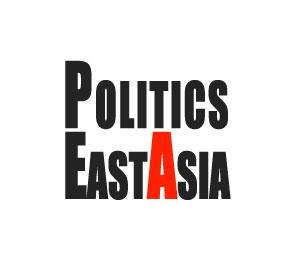Visual and Political Communication in East Asia
Are social science and humanities scholars too removed from the realities on the ground to be able to contribute to ongoing debates about current affairs in a dynamic region like Asia?
This book chapter, co-authored with Jay Hwang, analyses how China’s propaganda specialists have used popular entertainment to frame China’s historiography by invoking discourses of modernization and a 'Road to Revival'.
This article, co-authored with Jay Hwang, examines the ways in which various cultural products present the Sichuan earthquake and asks what meanings national crises have in the Chinese discourse on political legitimacy.
From 24 to 26 October 2013, Zhejiang University in Hangzhou hosted the Fourth International Conference on Multicultural Discourse. This post reviews some of the discussions on discourse analysis that featured prominently at this academic event.
What does the 2013 German election have to do with North Korea? A lot, suggests a recent political comic that links non-voting to authoritarian politics. This post discusses what informs such arguments, and takes a closer look at the action of non-voting as a form of political critique.
This post examines the recent series of Chinese propaganda attempts to promote Xi Jinping's slogan of the "China Dream", and discusses how and why these attempts draw from Maoist iconography to relay their message.
This post will introduce you to the theory of semiotics. Using examples from East Asia, it explains key words of this "science of the sign", and shows why semiotics might be a useful way to conceptualize political communication, whether in East Asia or elsewhere.
Is the way we understand mass communication content entirely subjective, or are there patterns in movies, TV broadcasts, pop music, or mass events that lend themselves to analysis? This post discusses what characterizes communication, and why media content analysis is a useful approach to understanding mass-communicated political discourse.
Watch this video blog for an introduction to discourse analysis, including many examples from actual research.
What happens to politics when it is mass-communicated? In East Asia, new ICT are changing the way that political actors communicate their policies and justify their agendas. PoliticsEastAsia.com provides a forum to analyze and debate how messages across different media shape political discourse in diverse East Asian settings.

